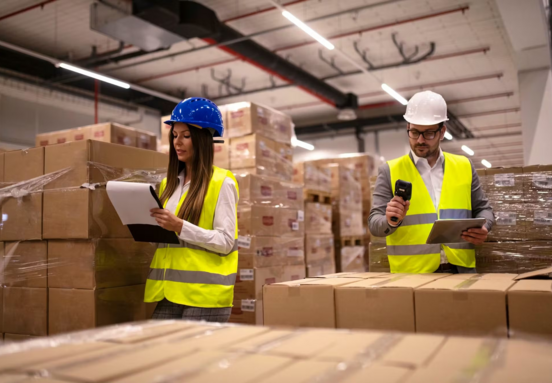VAT and Warehouses: Basics
Generally, VAT applies to all sales of goods and services, including those made within the context of a warehouse. When a warehouse stores goods, these goods are considered as being sold as soon as they leave the warehouse. From that moment on, VAT is applicable.
VAT on Warehouse Services
In addition to VAT on stored goods, warehouse services are also subject to VAT. This includes fees such as storage, handling, and transportation fees for the stored goods.
VAT on Imports and Exports
Imports and exports of goods are also subject to VAT. If you import goods into your warehouse, you will have to pay VAT on those goods. Similarly, if you export goods stored in your warehouse, VAT may apply.
Intra-Community VAT
If you store goods in a warehouse located in another European Union (EU) country, you may need to pay VAT in that country. However, if you are registered for intra-Community VAT, you can reclaim the VAT paid in another EU country.
Reclaiming VAT on Warehouse Expenses
If you are liable for VAT, you can typically reclaim the VAT you paid on warehouse expenses. This may include storage, handling, and transportation fees.
VAT Exemptions for Warehouses
In some cases, warehouses may be exempt from VAT. For example, if the stored goods are intended for export outside the EU, the warehouse may be exempt from VAT on those goods.
In conclusion, VAT is an important aspect to consider for businesses using warehouses. VAT applies to both stored goods and warehouse services. Imports and exports are also subject to VAT, as are warehouses located in other EU countries. However, it is possible to reclaim VAT paid on warehouse expenses, and there may be VAT exemptions for certain types of stored goods. It is important to understand VAT rules to avoid costly mistakes and to optimize warehouse management.







